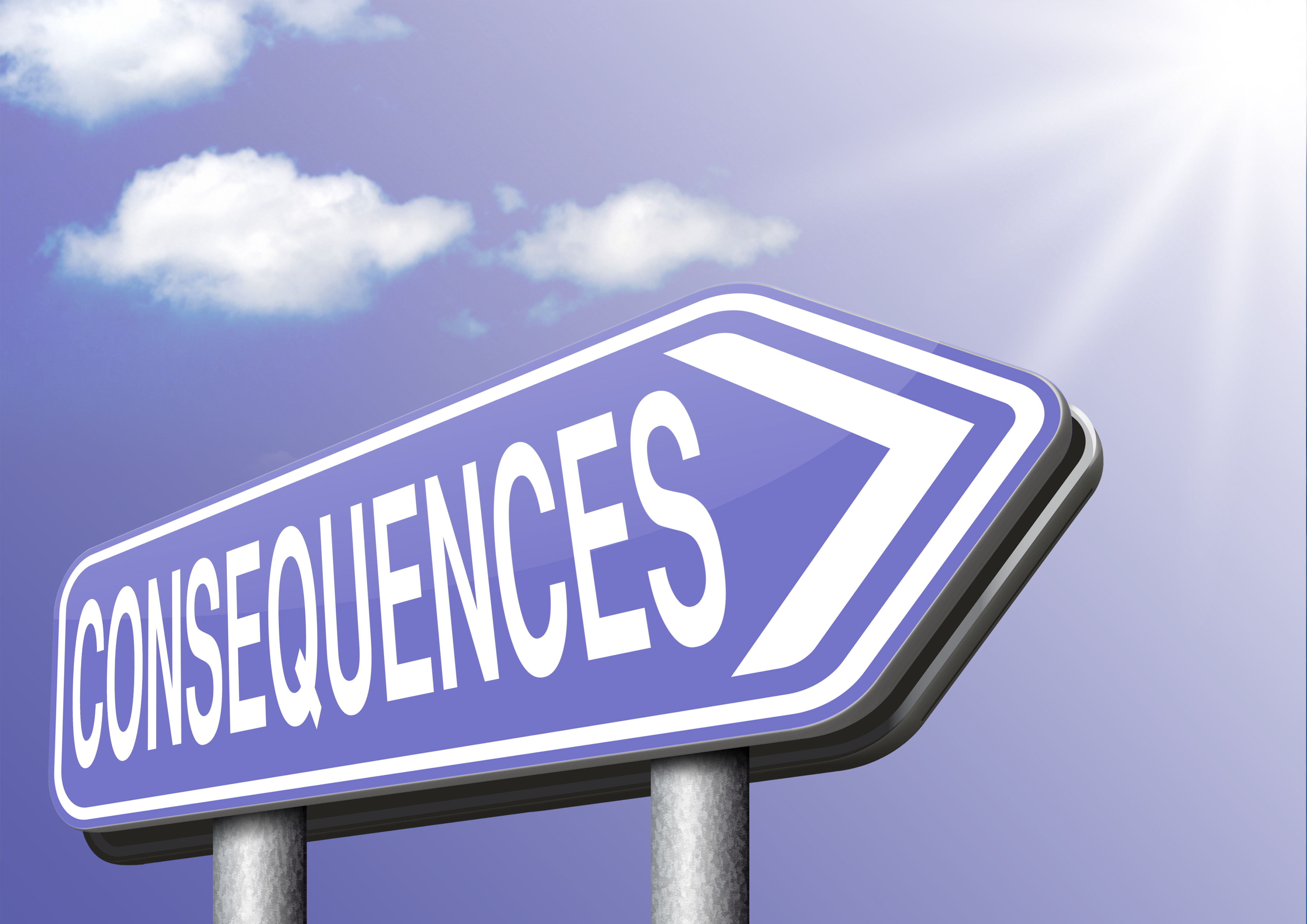
One frustrating feature of life is that things are so complex. Doing something to help people or make things better can have unrelated impacts that offset any benefit. Sometimes doing good stuff can make things worse.
That is called unintended consequences. Here are two more examples.
Giving away free consumer goods may not make life better for poor people…
7/23 – Vox – Buying TOMS shoes is a terrible way to help poor people – Add this article to the vast and growing body of articles explaining that the buy-one-give-one-to-poor-people way to end poverty is doing little to help and might be doing a lot of harm.
Amongst the many points made:
- Lack of shoes may or may not be an obstacle to development. As a result, giving someone a new pair of cool-to-American-consumer shoes may or may not help.
- Reports of shoes showing up in the local markets is an indicator cash may be needed more than shoes.
- Giving away shoes involves the humongous assumption that American consumers shopping for clothes have assessed the literature on development theories and concluded that the best way to move someone out of poverty is give them shoes.
- Receiving free shoes can create a corrosive dependency on aid.
- Poverty is complex – lack of shoes or feminine hygiene items may not be the real obstacle to staying in school. There may be other factors, maybe even the wider culture, that are the actual obstacles.
- Giving away consumer items is an inefficient way to distribute aid, even if you are making the assumption it does some good.
- The whole concept of helping others get out of a difficult situation shifts from what actually might help to what makes me feel good.
A one sentence summary of the issue:
Products like TOMS shoes solve the wrong problem, and they don’t really solve it
According to the article, a field study commissioned by TOMS wasn’t able to find much of a linkage of how giving away shoes had any impact on lives of the recipients.
One change noted is children spent a little more time playing outside which may have resulted in less time studying which may have mitigated any impact on school performance. All those qualifiers are present because the researchers didn’t find much in the way of outcomes.
Another study looking at giving away feminine hygiene items found no impact on school attendance by girls. Maybe other factors, such as lack of other items, lack of private bathrooms, or even cultural pressure to stay home a few days, were the larger factors pushing girls to stay home.
Finally, another study mentioned by the article looked at a program in Uganda. Some women were given a cash grant and other women were given coaching lessons on starting a small business along with a cash grant. Both groups of women were better off a year later. However, there was no difference in outcomes between the group that was just handed cash and the group that received coaching on starting a business.
Poverty is complex. Helping other people move themselves to a better place is extremely complex.
One thing is become more and more obvious: Consumers looking for a fun pair of shoes don’t have any clue on any issue of any part of the complexity.
You would think that banning plastic bottles would reduce the number of plastic bottles. Not necessarily…
The University of Vermont banned water bottles from sale on campus. Goal was to reduce the amount of plastic bottles in the waste stream. To further encourage reusable bottles, the University refitted 68 water fountains with spouts to make it easier to refill a bottle.
Check out:
6/24 – Carpe Diem – Who’d a-thunk it? Unintended consequences from a bottle ban on a college campus?
Were the results achieved?
No.
Which is expected if you take into consideration human behavior and keep in mind that the omnipresent Law of Unintended Consequence cannot be repealed.
Over the following two semesters, the amount of bottled beverages consumed on campus increased – the number of plastic bottles in the waste stream went up. Students and staff shifted to unsweetened and sweetened drinks.
If I read the article correctly the consumption of sweetened beverages increased more than unsweetened thus blowing up a second objective of the ban, which was to reduce caloric consumption by students and staff.
So the number of bottles thrown away increased and the amount of sugar consumed increased as a direct result of the ban on plastic bottles.
Life is complex. Good intentions will not repeal the Law of Unintended Consequence.